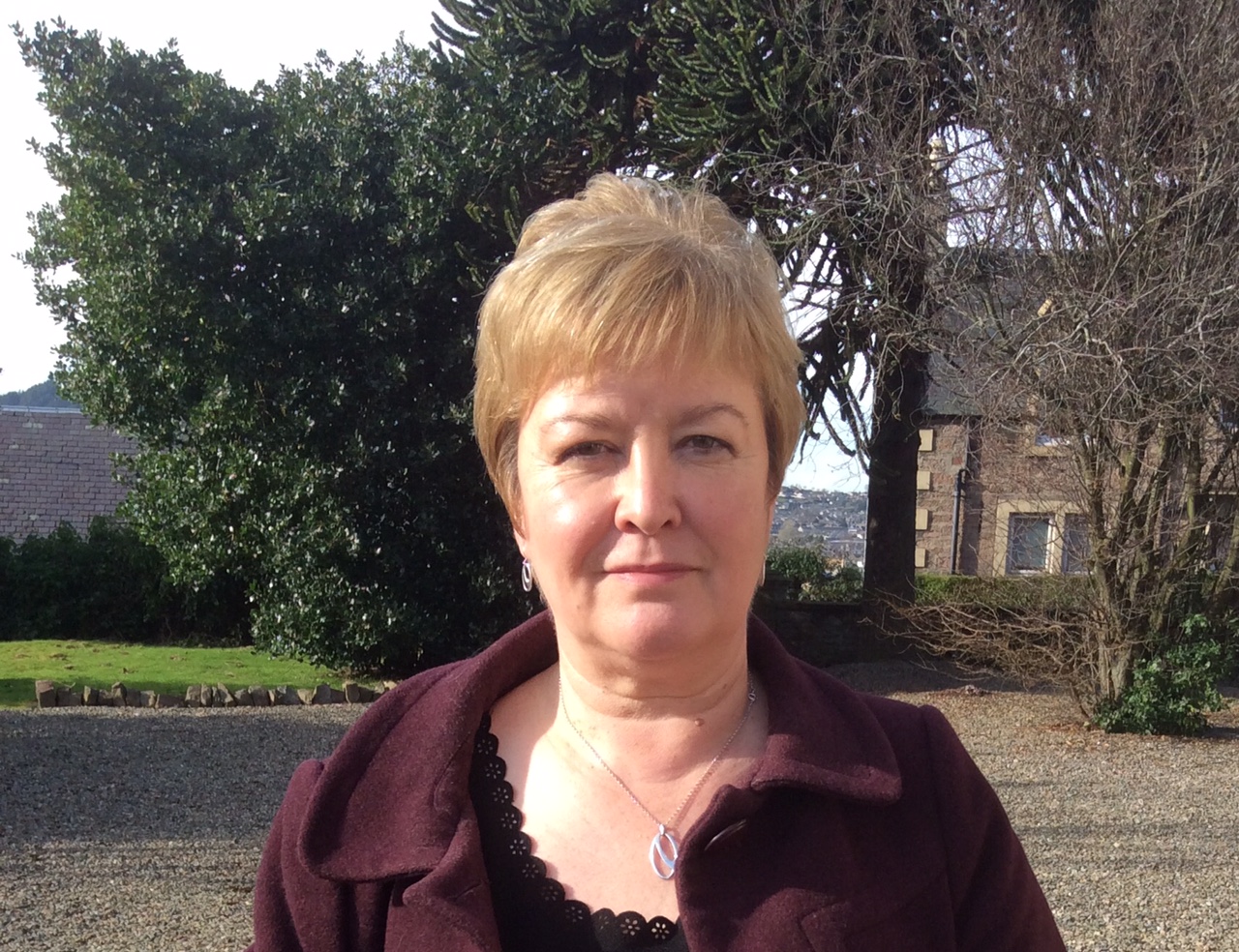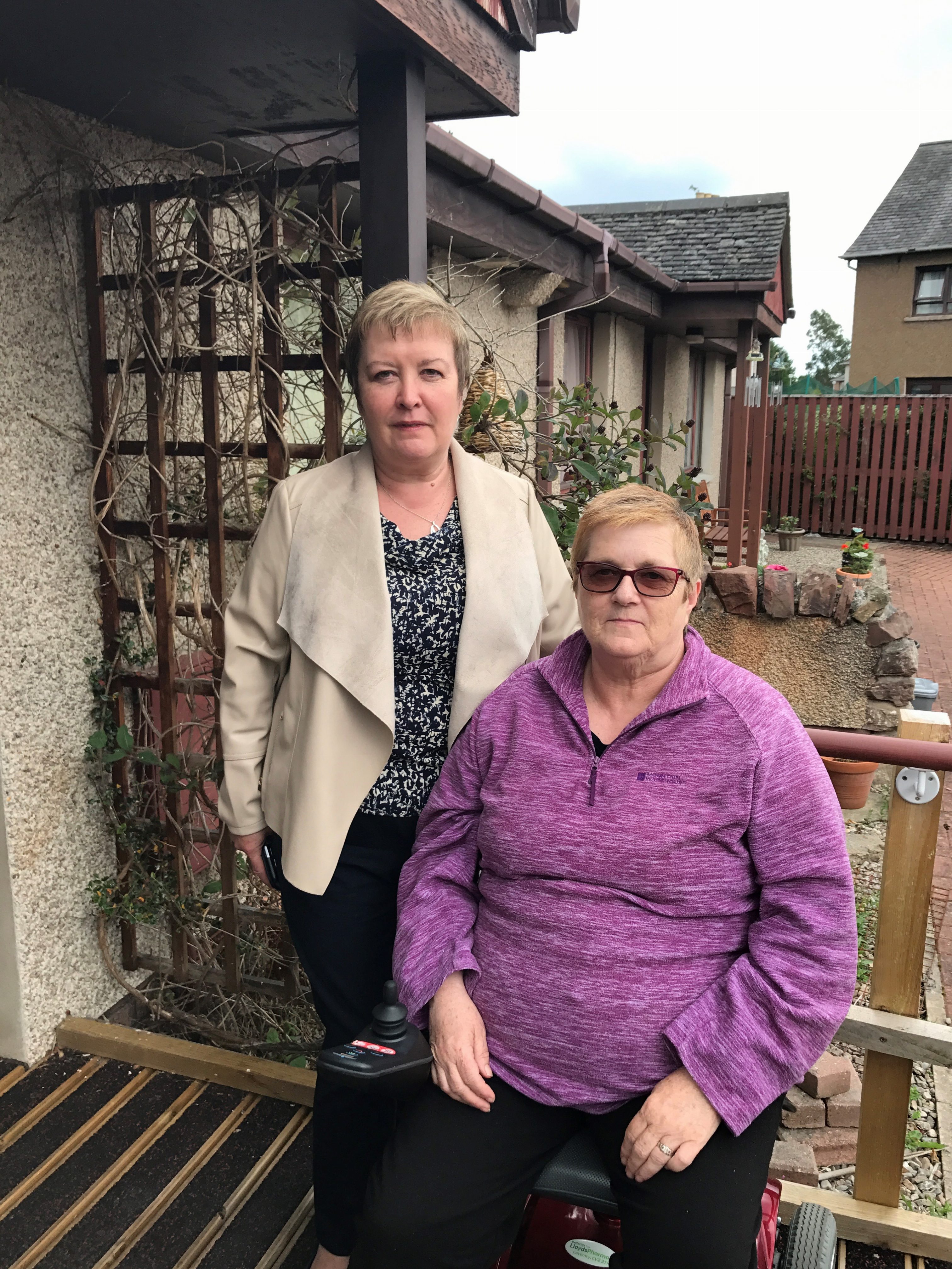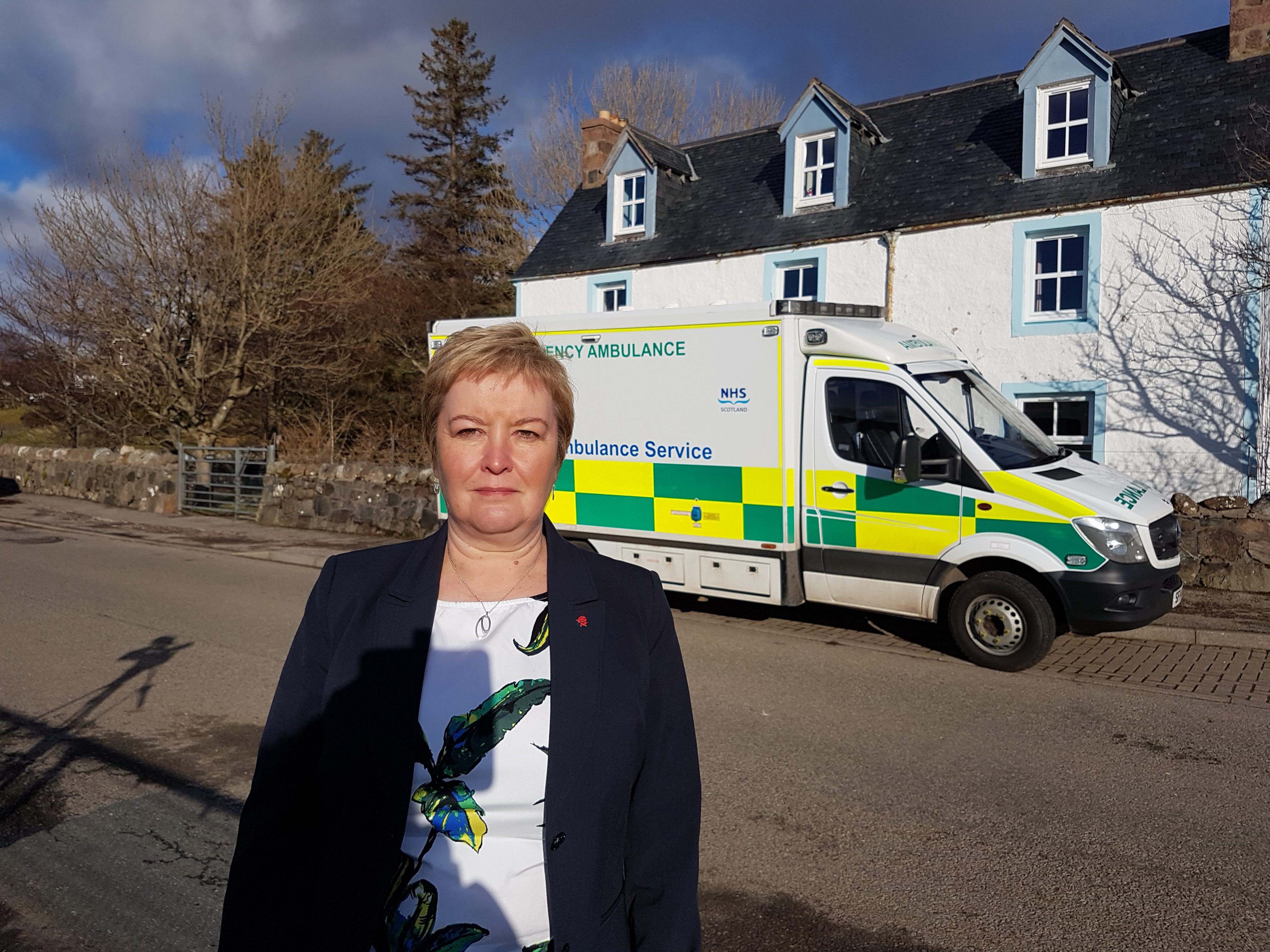Highlands and Islands Labour MSP, Rhoda Grant, is disappointed that there has been a delay to a kidney dialysis service being introduced to Skye, Lochalsh and Wester Ross due to recruitment issues.
NHS Highland has revealed that after advertising two nursing positions and one senior nursing position, they only have one person to interview today (23rd January 2020). They also revealed that because of this recruitment issue, there will be a delay to the introduction of a dialysis service in the current Broadford Hospital, which was set to begin in April 2020.
NHS Highland also stated that following the result of today’s interview that they are going to advertise the positions again immediately and that they are going to try to increase the reach of their adverts.
Currently there are five patients, all from the Lochalsh area, who have to travel to Raigmore Hospital three times a week to receive renal dialysis treatment.
Rhoda Grant said: “This is an obvious blow to my constituents in the Skye, Lochalsh and Wester Ross area who have to endure a 160 mile round trip, three times a week for treatment in Raigmore Hospital.”
Mrs Grant continued: “While this is disappointing, it is encouraging that NHS Highland is taking this issue seriously and are going to extend the reach of their advertising. I have passed this information to my constituents involved and I will keep pressure on NHS Highland to provide this service as quickly as possible.”
NHS Highland announced in November 2019 that the board had approved a new interim dialysis service for Skye, Lochalsh and Wester Ross in the current Broadford Hospital until the new Broadford Hospital opened where it will be transferred. 


